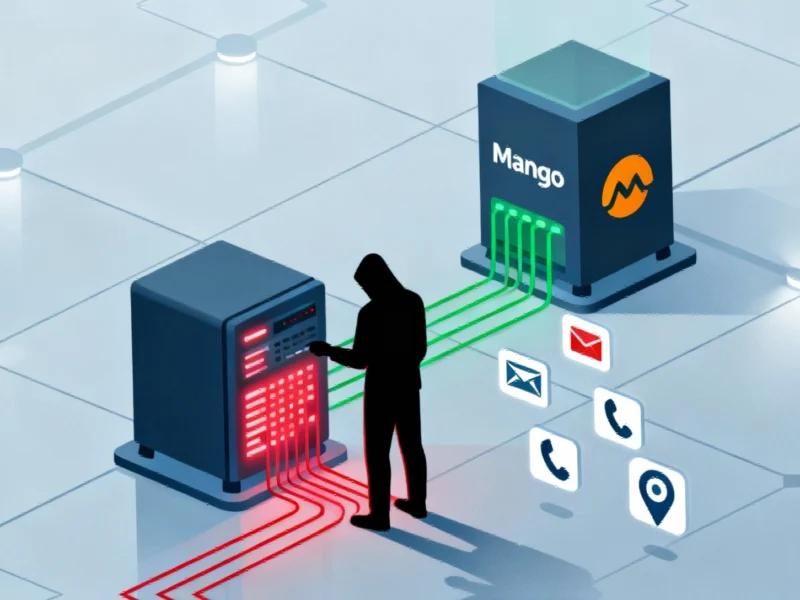According to Mashable, Google just dropped a major security alert in their November 2025 fraud advisory, specifically calling out malicious VPN applications that are actively stealing user data. These bad-faith actors are creating fake VPN software that looks completely legitimate, targeting users who think they’re enhancing their privacy. Google warns that downloading these malicious apps can lead to serious data theft or even worse consequences. The company didn’t name specific VPNs to avoid but emphasized the growing threat. They’re advising users to only download from official sources and check for verification badges in the Google Play Store. Basically, if you’re sideloading unknown VPN apps, you’re playing with fire.
The VPN Trust Crisis Is Real
Here’s the thing about VPNs – they’re supposed to protect your privacy, right? But when the very tools meant to secure you become the threat, we’ve got a serious problem. Google‘s warning comes at a time when more people than ever are using VPNs for everything from streaming geo-blocked content to trying to stay anonymous online. And the bad actors know this. They’re counting on that trust to slip their malware onto your device.
Think about it – how many times have you downloaded a “free” VPN because you just wanted to watch something from another country? I’ve done it. Most people have. But Google’s basically saying that free lunch could cost you everything. The permissions thing is particularly telling – a legitimate VPN shouldn’t need access to your contacts or private messages. If it’s asking for those, run.
How to Actually Protect Yourself
Google’s advice is solid, if somewhat obvious. Stick to official app stores. Look for that verification badge. Don’t sideload random APKs from sketchy websites. But here’s what they’re not saying – even the official stores aren’t perfect. We’ve seen malicious apps slip through Google Play’s defenses before. So what’s the real solution?
I think it comes down to being ridiculously skeptical. If a VPN promises the moon for free, it’s probably too good to be true. Check reviews from multiple sources. Look at how long the company has been around. And seriously – read those permissions carefully. A VPN needs network access, obviously. But why would it need to read your text messages? Exactly.
The timing of this warning is interesting too – right before the holidays when people are traveling and might be more tempted to grab a quick VPN for hotel Wi-Fi or accessing home country services. Smart move by Google to get this out now.
The Bigger Security Picture
This VPN warning is part of a larger pattern we’re seeing across the tech industry. As security measures improve in some areas, attackers pivot to softer targets. VPNs represent a perfect storm – high user demand, technical complexity that most users don’t understand, and the promise of privacy that makes people drop their guard.
And let’s be real – the average person doesn’t know how to evaluate VPN security. They see “encryption” and “no logs” and assume they’re safe. But as Google‘s warning shows, the app itself could be the vulnerability. This is why sticking to established, reputable providers matters more than ever.
Looking ahead, I suspect we’ll see more of these targeted warnings from Google and other platforms. The cat-and-mouse game between security teams and bad actors is accelerating, and users are caught in the middle. The best defense? Assume everything is guilty until proven innocent. Your data’s worth protecting.




